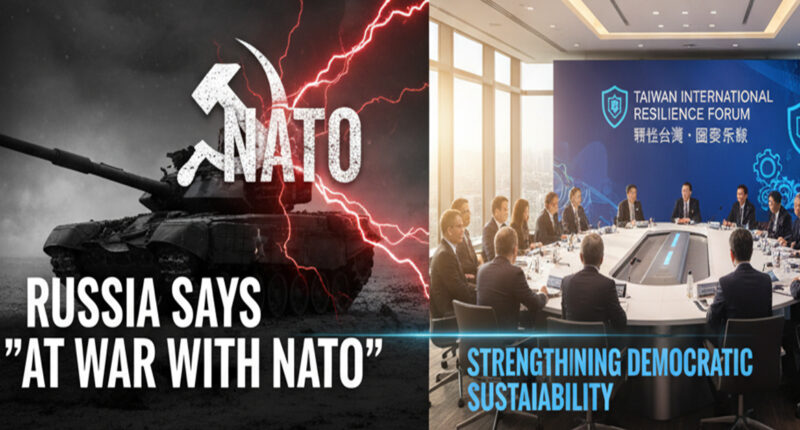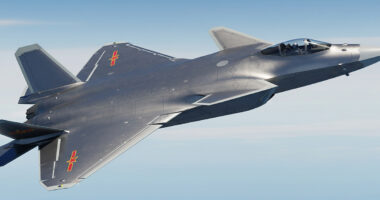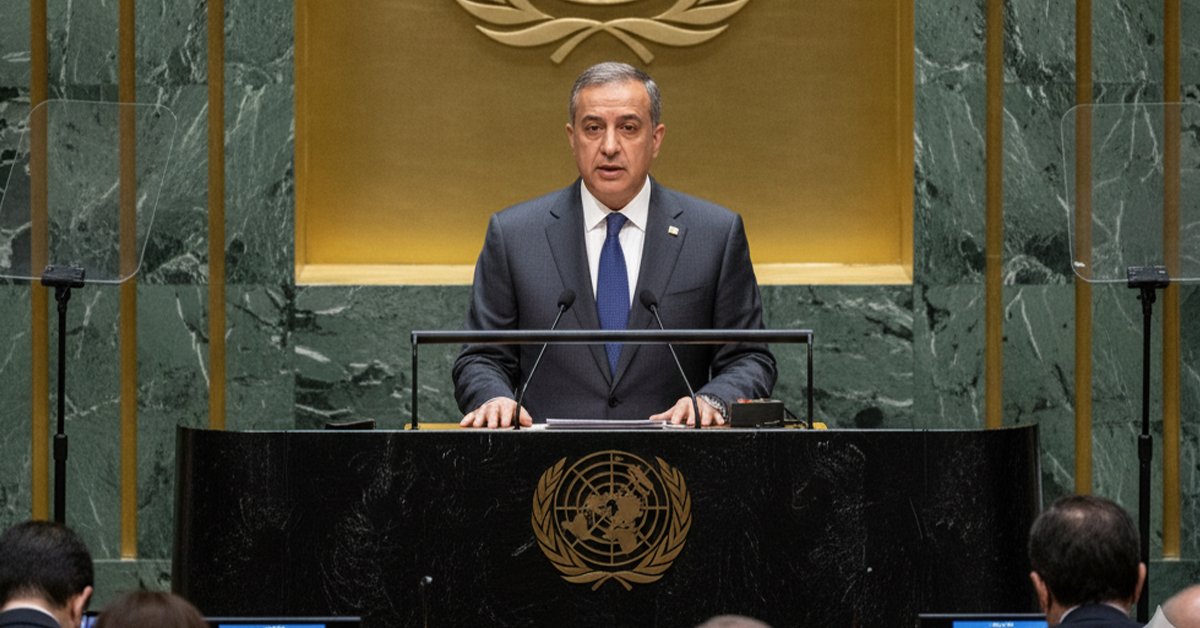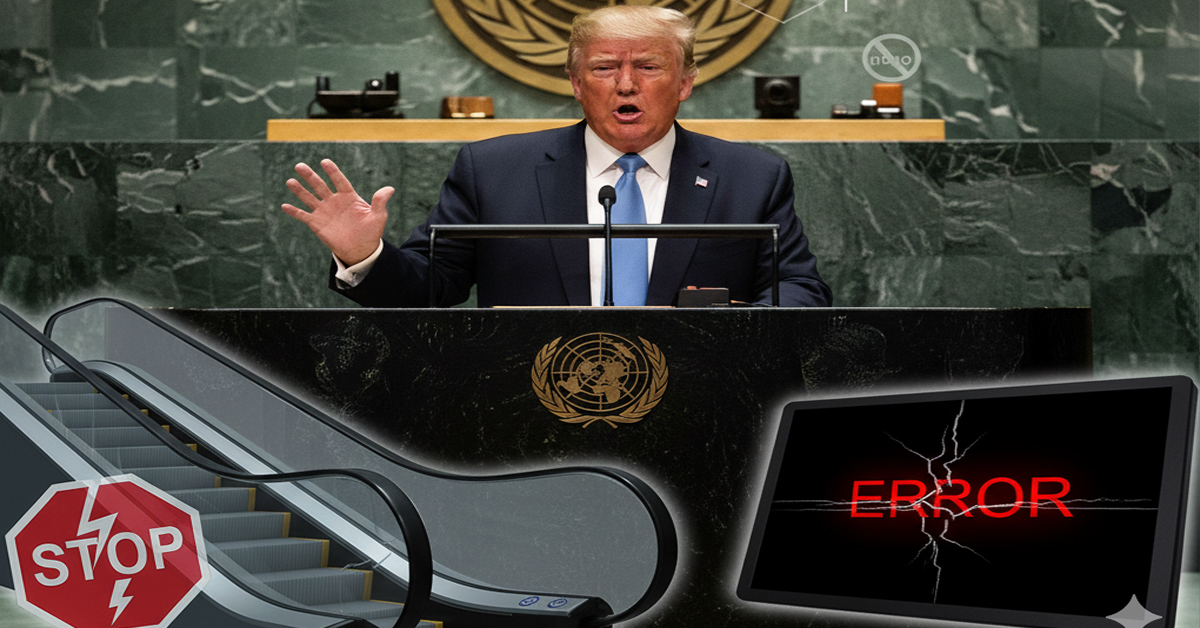The global geopolitical landscape is shifting dramatically, with alarming rhetoric emanating from Russia and proactive defense strategies being implemented in East Asia. Recent statements from the Kremlin indicate a dangerous escalation in language, as Russia now claims to consider itself “at war with NATO.” This assertive stance comes amidst ongoing conflict and heightened tensions in Eastern Europe, painting a grim picture of international relations. Simultaneously, on the other side of the world, Taiwan is demonstrating remarkable foresight and determination by convening an international forum focused on strengthening its resilience against escalating Chinese aggression. These seemingly disparate events are, in fact, two sides of the same coin: a world grappling with resurgent authoritarianism and the imperative for democratic nations to bolster their defenses, both militarily and socially.
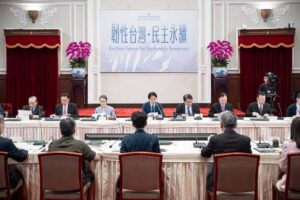
Russia’s declaration is particularly concerning given the potential for miscalculation and escalation. While NATO countries have been providing significant support to Ukraine, they have meticulously avoided direct military engagement with Russia. Moscow’s redefinition of this proxy conflict as a direct confrontation with the alliance itself marks a significant rhetorical shift, signaling a deepening ideological divide and a potential precursor to further destabilization. This rhetoric demands a strong, unified response from democratic nations, emphasizing diplomatic solutions while simultaneously ensuring robust collective defense.
Meanwhile, Taiwan, a vibrant democracy facing constant threats from Beijing, is not waiting idly. Recognizing the complex nature of modern aggression, the “All-of-Society Resilience Committee” is hosting its first annual forum, aptly titled “Taiwan’s Resilience and Democratic Sustainability.” This proactive approach highlights Taiwan’s commitment to a multi-faceted defense strategy that extends beyond military readiness to encompass civilian protection, social cohesion, and robust infrastructure.
The forum in Taipei brings together key figures, including President Lai Ching-te, who will open the event, and experts like Yang Po-wen of the Tzu Chi Foundation and Ann Ou-chu of the Forward Alliance. Their discussions will delve into critical areas such as disaster prevention, rescue capabilities, information security, energy independence, and supply chain resilience. This holistic view acknowledges that a nation’s ability to withstand external pressure depends not only on its armed forces but also on the strength and preparedness of its entire society.

Crucially, the forum emphasizes international cooperation, with over 20 international guests, diplomats, and representatives from economic councils across the U.S., Europe, and Japan in attendance. This collaborative spirit underscores a vital lesson: in an increasingly interconnected and volatile world, security is a shared responsibility. By fostering partnerships and exchanging knowledge with like-minded democracies, Taiwan is building a network of support that enhances its capacity to deter aggression and maintain its sovereignty. See More
The contrast between Russia’s confrontational rhetoric and Taiwan’s emphasis on comprehensive resilience could not be starker. While Russia chooses to frame its actions through the lens of direct conflict, Taiwan is building strength from within, focusing on societal fortitude and international collaboration. These developments serve as a stark reminder that democracies globally must remain vigilant, adaptable, and united in the face of growing authoritarian challenges. Taiwan’s commitment to resilience offers a model for other nations striving to protect their democratic values and ensure their long-term sustainability in an unpredictable world. See More
